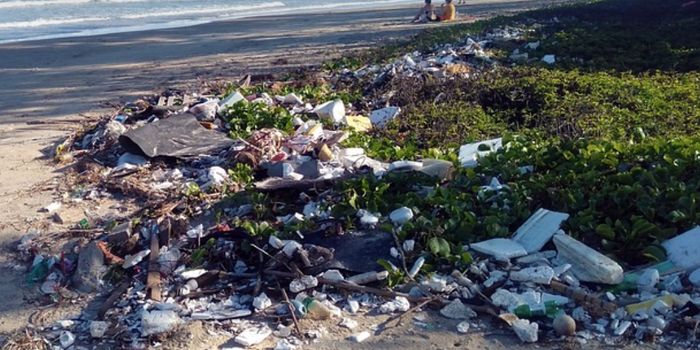A Win for Environmental Conservationists: Maine Bans Forever Chemicals
The state of Maine took a massive step in environmental conservation on July 15, 2021, and banned the sale of products containing PFASs (per- and polyfluoroalkyl substances), becoming the world’s first jurisdiction to ban these chemicals. By 2030, Maine hopes to completely restrict the use of PFASs in all products unless deemed “currently unavoidable” by a regulatory body.
PFASs are made of a basic structure of carbon atoms covered in fluorine atoms. As a result, they are resistant to degradation, which earned them the nickname of the “forever chemical.” PFASs are used to produce common household goods because they are resistant to heat, oil, and water. For example, PFSA can be found in non-stick cookware, waterproof clothing, furniture, carpeting, and even food packaging.
Their usefulness, however, does not negate the harm of these chemicals. Not only do PFASs stick around in the environment, but they also bioaccumulate in the body, never being processed and accumulating over time.
The legal battle over PFASs has been a long one. In the 1970s, the United States created the “essential use” approach for regulation, limiting chemicals unless they were deemed necessary. This legislation was first implemented for chlorofluorocarbons, chemicals that are harmful to the Earth’s ozone layer. This was a generally successful policy because it didn’t completely ban the use of these chemicals in instances where they are helpful— for example when used in inhalers, but did prevent their extraneous use in products like hairspray. From there, alternatives to these chemicals were created.
In 1990, the first studies linked PFASs to determinantal health problems, which caused some significant companies to rethink their use of PFASs in their products.
Maine’s law combines the essential-use regulations championed by the EPA and an all-encompassing blanket-ban of all PFAS that many environmentalists have pushed for. Some chemical researchers have pushed back against these regulations, arguing that a “one-size fits all” ban on PFASs isn’t “scientific,” and without the proper research, could ban potentially helpful chemicals that fall under the umbrella of PFASs.
However, it’s hard for scientists to research PFASs. The specific environmental and biological impacts of PFASs are still unclear since many companies aren’t willing to cooperate. There is still a lot of mystery surrounding PFASs currently in use, and there isn’t much data to go off of. While a large ban like the one passed in Maine may seem extreme, it can be argued that legislation like this is preventative rather than reactive. We know that many PFASs are harmful to humans, and at the very least, aren’t helping the environment. In a world where climate change is now a certainty, isn’t it better to take steps to mitigate the damage rather than reform our legislation when it’s already too late?
Sources: Science, Minnesota Pollution Control Agency
-
APR 30, 2024Immuno-Oncology Virtual Event Series 2024
-
MAY 07, 20243rd International Biosecurity Virtual Symposium
-
JUN 06, 2024The Future of Scientific Conferencing
- See More

















































